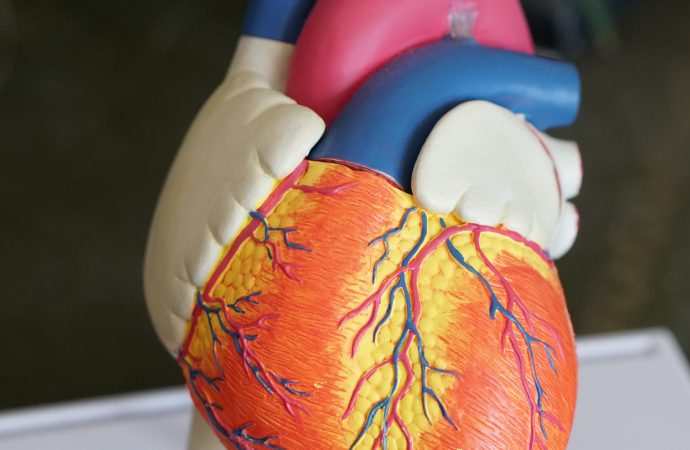Subhead: Incorporating these practices into your daily routine can lead to a healthier gut and overall well-being. Opening: Proper digestion is crucial for maintaining good health. The digestive system is responsible for breaking down food into nutrients and eliminating waste. However, poor eating habits, stress, and certain medical conditions can all take a toll on
Subhead: Incorporating these practices into your daily routine can lead to a healthier gut and overall well-being.
Opening: Proper digestion is crucial for maintaining good health. The digestive system is responsible for breaking down food into nutrients and eliminating waste. However, poor eating habits, stress, and certain medical conditions can all take a toll on our digestive health. Fortunately, there are simple habits we can adopt to promote optimal digestive health. In this article, we will explore some of these habits and their benefits.
Body:
- Eat a healthy, balanced diet: Eating a diet rich in fiber, fruits, vegetables, and whole grains is essential for maintaining good digestive health. These foods help keep the digestive system running smoothly and prevent constipation. Avoiding processed foods, sugary drinks, and excessive amounts of fat can also improve digestive health.
- Stay hydrated: Drinking enough water and fluids is crucial for good digestion. Water helps break down food and move it through the digestive tract, preventing constipation and other digestive problems. It’s recommended to drink at least 8-10 glasses of water a day.
- Exercise regularly: Regular physical activity can help stimulate the digestive system and promote regular bowel movements. Exercise also reduces stress, which can have a negative impact on digestive health. Aim for at least 30 minutes of moderate exercise per day, such as brisk walking, jogging, or cycling.
- Practice mindful eating: Eating mindfully means paying attention to your body’s hunger and fullness signals and avoiding distractions while eating. This can help prevent overeating and promote better digestion.
- Manage stress: Stress can have a negative impact on digestive health, leading to symptoms such as stomach pain, bloating, and constipation. Finding healthy ways to manage stress, such as meditation, yoga, or deep breathing exercises, can improve digestive health and overall well-being.
- Limit alcohol and caffeine: Drinking excessive amounts of alcohol and caffeine can irritate the digestive system and lead to digestive problems. Limiting consumption of these substances can improve digestive health.
- Get enough sleep: Getting enough sleep is essential for overall health, including digestive health. Sleep helps regulate hormones and reduce stress, both of which can affect digestive health. Aim for at least 7-8 hours of sleep per night.
Conclusion: Taking care of our digestive health is essential for maintaining overall well-being. By adopting these simple habits, we can promote optimal digestive health and reduce the risk of digestive problems. Remember to eat a healthy, balanced diet, stay hydrated, exercise regularly, practice mindful eating, manage stress, limit alcohol and caffeine, and get enough sleep. Your gut will thank you!
End with a call-to-action, encouraging readers to adopt these habits and take care of their digestive health.
I hope this article helps you in writing about the topic of “Gut Check: Simple Habits for Optimal Digestive Health.” Let me know if you need any further assistance!

















Leave a Comment
Your email address will not be published. Required fields are marked with *